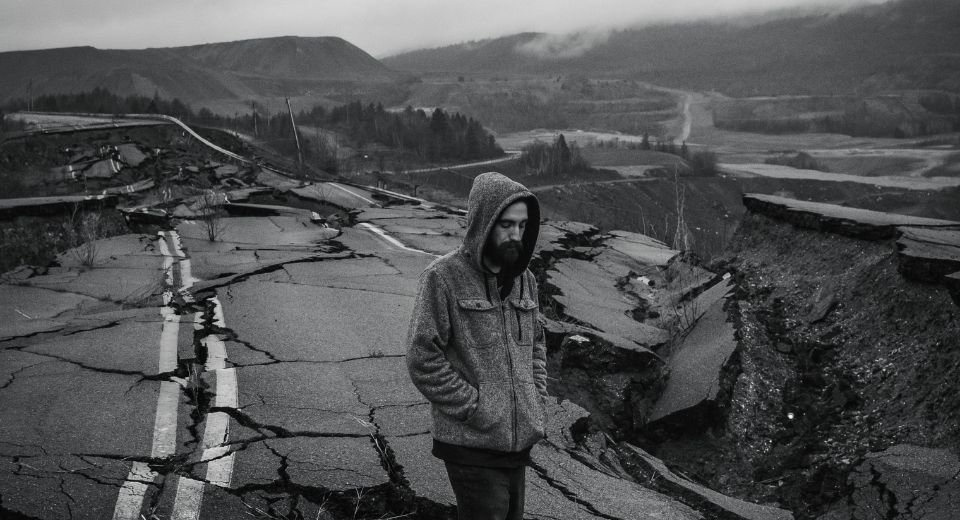HQ Team
February 13, 2023: The WHO needs $43 million to help support earthquake response in Turkey and Syria, as the combined death toll touched 33,000 and aftershocks continued.
The amount will increase as the magnitude of the disaster becomes clearer, Director-General Tedros Adhanom Ghebreyesus said, according to a statement from the Syrian capital, Damascus.
The UN and other global agencies have told Turkey and Syrian governments to open up new aid routes. Tedros said the Syrian authorities appear “open to allowing more border crossings to deliver humanitarian aid into the northwest.”
An initial 7.8 magnitude quake close struck Gaziantep, Turkey, early February 6 morning. Another trembler of 7.5 magnitude struck several hours later.
More than 4,300 deaths and 7,600 injuries have occurred in the opposition-held areas of the northwest, according to the UN humanitarian affairs office, OCHA.
Varied groups
Government, opposition forces and armed groups control civil war-ravaged Syria. Before the earthquake, 4.1 million people already depended on humanitarian aid, and their needs were at an all-time high.
Corinna Fleischer, WFP Regional Director in the Middle East, Northern Africa and Eastern Europe, said cross-line deliveries need to restart and be stepped up from government-controlled areas into opposition territory in Syria.
“A full 90% of people in the northwest depend on humanitarian assistance,” the WFP official said.
Tedros welcomed the decision by the United States to ease sanctions against Syria in the wake of the tragedy and stressed the need to take responsibility “to the next level” to reach all populations who require support.
Cross-border access
“We equally appreciate the recent blanket approval by the Government of the Syrian Arab Republic for the UN for cross-line convoys and measures to increase cross-border access. We hope this continues,” Tedros said.
The WHO chief said he had met with Syrian President Bashar al-Assad earlier on Sunday afternoon, “who indicated he was open to additional cross-border access points for this emergency.”
Tedros said WHO was waiting to move across conflict lines to northwest Syria. “We’re on standby, actually,” he told journalists. “We can move anytime now through the coastline to the northwest. Based on the blanket permit, we already have permission from this side. We’re waiting now to hear from the other side. We will cross to the northwest as soon as we get that.”
So far, the WHO and partners have distributed 110 tonnes of medical supplies to affected areas across Syria.
‘Death by a thousand cuts’
The earthquake is the latest crisis to hit Syria, following the ongoing conflict, the COVID-19 pandemic, cholera outbreaks, and economic decline.
Twelve years of war have “pulverized” the healthcare system, said Dr Michael Ryan, WHO Emergencies Director. Before the earthquake, just 50 per cent of health facilities were functioning, but the actual impact is much more significant, he said.
“Not only physical damage to the infrastructure itself but the exodus of health workers, the loss of salaries, loss of training,” he said. “It’s just that death by a thousand cuts to the system.”
Emergency Relief Coordinator Martin Griffiths travelled to the Turkish side of Baba Al-Hawa, the only remaining border crossing for UN aid delivery into northwest Syria authorized by the Security Council.
The fourth cross-border aid convoy reached a UN hub in Hatay before setting off to Syria.
Fuel shortages
The OCHA said aftershocks are reportedly continuing in northwest Syria, forcing people to flee their homes.
Civil defence teams concluded search and rescue operations on Saturday and have moved on to removing debris and recovering bodies. However, efforts are being hampered by fuel shortages and a need for more machinery and vehicles.
The UN Special Envoy for Syria, Geir Pedersen, arrived in Damascus on February 12 on a pre-planned visit.
“We are reaching out, of course, to bilateral countries, we are mobilizing funding, and we’re trying to tell everyone to put politics aside. This is a time to unite behind a common effort to support the Syrian people,” he said.








